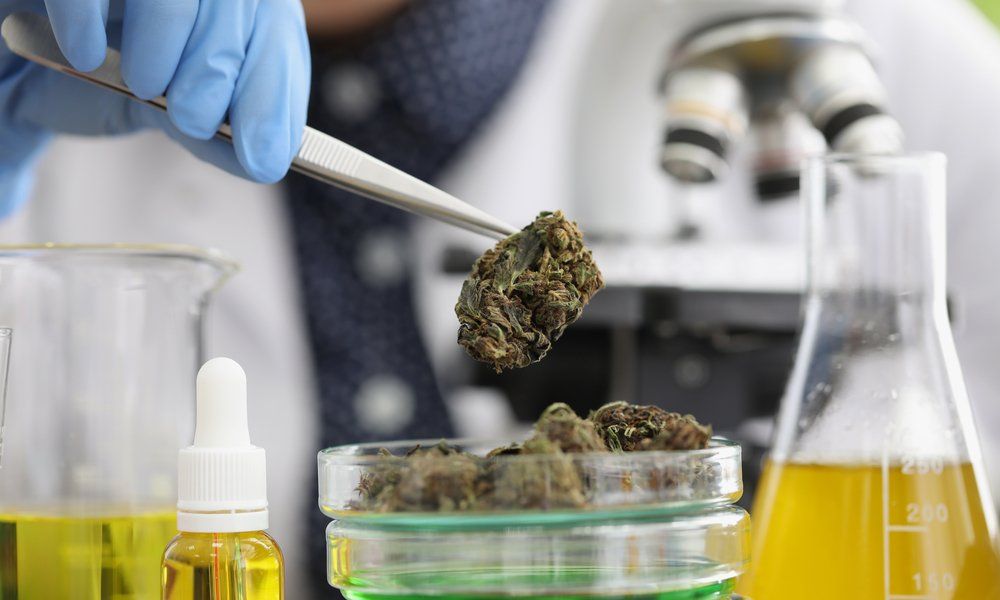CBD Medical Insights
CBD oil is one of the few supplements trending on social media and peer-reviewed scientific journals. Indeed, ever since the US allowed universities to study hemp-derived CBD, there has been an explosion of interest in CBD's medical potential.
Despite this cannabinoid's novelty, there are plenty of well-documented insights into CBD’s medical potential. There are even a few companies now offering pharmaceutical-grade CBD products for select conditions.
Hopefully, as more high-profile labs study CBD's properties, doctors will have a clearer sense of how to dose and prescribe this cannabinoid.
Why Does CBD Have Such Profound Medical Effects?
Like other cannabis-derived cannabinoids, CBD seems to work its magic via the endocannabinoid system (ECS). However, scientists now believe CBD doesn't land directly on CB1 or CB2 receptors. Unlike psychoactive cannabinoids like THC, CBD affects the body's ECS in subtle, non-direct ways.
For instance, recent
studies support the theory that CBD increases the reuptake of serotonin and anandamide. These chemicals play crucial roles in various bodily functions, including mood, sleep, and appetite. Arguably, this is the primary reason CBD seems to have so many positive effects on mental and physical health.

There are also multiple trials examining CBD's anti-inflammatory potential. According to
Harvard Medical School, CBD topicals seem to provide localized pain relief thanks to natural anti-inflammatory compounds. Since inflammation is linked with many chronic health conditions, it's no wonder patients with various complaints report benefits after using CBD oil.
What Conditions Could CBD Potentially Help Patients Manage?
The list of conditions CBD may help with seems to grow every week. However, epilepsy remains the primary condition associated with medical-grade CBD oil.
Were it not for the
research into CBD for childhood epilepsy, the US government may not have relaxed its stance on hemp. Today, most medical professionals can't deny CBD oil can decrease the severity and frequency of epileptic seizures.
Beyond childhood epilepsy, scientists are most interested in CBD's role in managing chronic pain and anxiety disorders. A few specific conditions CBD researchers have begun studying include:
- Social anxiety disorder
- PTSD
- Arthritis
- Depression
- Insomnia
Although CBD shows great promise for many medical conditions, customers should remember that CBD isn't a "miracle cure." True, this cannabinoid has impressive properties, but there's still a lot we don't know about CBD's long-term effects.
For instance, one trial out of the
University of Aberdeen found that CBD may harm glaucoma patients. According to this latest finding, people who took CBD oil had a higher intraocular pressure than those who took THC or a placebo.
Many researchers also caution against mixing CBD with other supplements or prescription medications. Recent reports suggest CBD oil could interact with certain pills, thus increasing the risk of medical issues.
Currently, anyone thinking about using CBD for a specific condition should speak with their primary care physician. Ideally, you should talk with a doctor familiar with CBD products and medicinal cannabis. This consultation could help patients avoid potentially severe complications.


